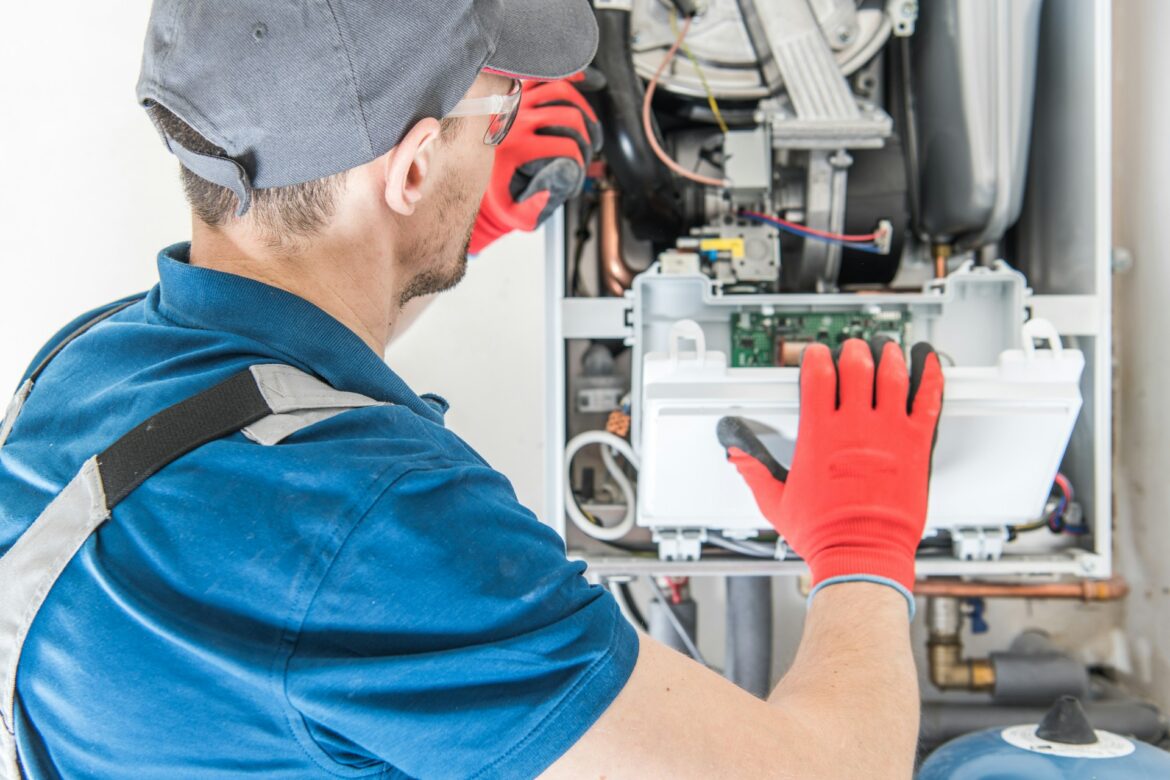The federal government is spending more than $500,000 on training programs aimed at addressing the skills gap in heat pump technology within the HVAC sector.
This funding, announced by Julie Dabrusin, Parliamentary Secretary to the Minister of Environment and Climate Change and to the Minister of Energy and Natural Resources, is intended to help HVAC technicians acquire the skills needed to install and maintain heat pumps as the country transitions to a low-carbon economy.
The investment is being directed to the Heating, Refrigeration and Air Conditioning Institute of Canada (HRAI). The initiative aims to ensure that technicians have the necessary training to handle the increased demand for heat pumps, which has surged as Canadians seek to reduce energy costs and their carbon footprints.
“Canada is in the midst of a heat pump boom. Heat pumps are the most affordable home heating and cooling system on the market,” said Dabrusin during the announcement. “This funding will help train workers to benefit from the heat pump boom, ensuring our workforce remains highly skilled as Canada rapidly transitions to a low-carbon economy.”
The project will focus on several key areas, including identifying the skills gap within the current HVAC workforce and collaborating with educational institutions to develop and deliver accelerated training programs. These programs will be piloted with a select group of technicians in Ontario.
Tony Van Bynen, Member of Parliament for Newmarket—Aurora, underscored the importance of the initiative for local businesses. “I’m proud to see a local Newmarket business like Canco ClimateCare leading the way in green home solutions like heat pumps, contributing to our community and Canada’s sustainable future,” he said.
According to HRAI Vice President Martin Luymes, the initiative will “inform employers and training providers in the industry about needed training development and help focus apprenticeship efforts for in-the-field experience.”
As part of the government’s broader Green Buildings Strategy, this initiative is one of several steps being taken to enhance energy efficiency and support the transition to greener technologies across Canada. The strategy, launched in July, aims to reduce greenhouse gas emissions from buildings, accelerate retrofits, and support the construction of energy-efficient and climate-resilient homes.
Electric heat pumps, which use electricity to transfer heat between spaces, are a key technology in this transition. They are increasingly seen as a cost-effective alternative to traditional heating systems, with potential savings of up to $4,500 annually for homeowners who switch from oil furnaces.
This training investment is part of the Low Carbon Economy Fund’s Implementation Readiness Fund stream, which supports projects that develop workforce and institutional resources essential for reducing greenhouse gas emissions and building a clean economy.





